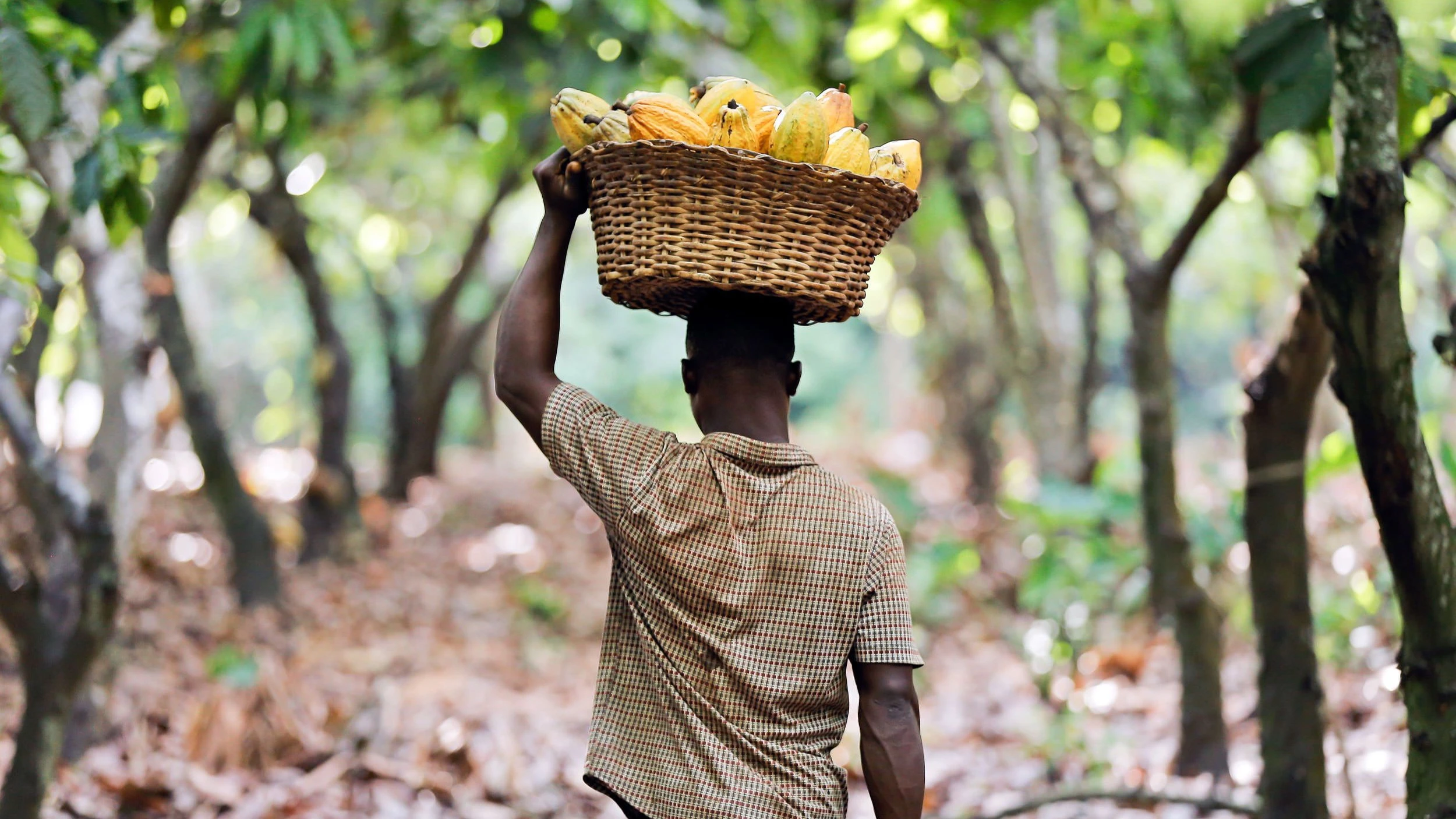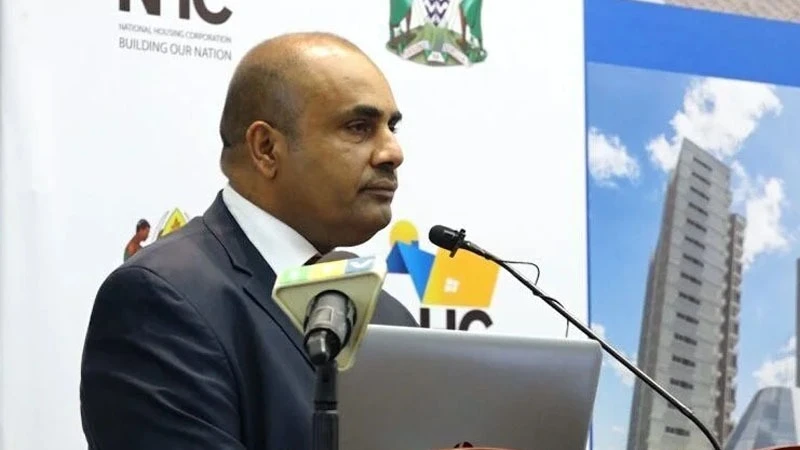Time for Tanzania to abolish death penalty sentence

LAST week, we briefly looked at rape, which is a criminal offence in Tanzania by virtue of sections 130 and 131(1) of the Penal Code (R.E. 2022). Rape is a disgrace to society because it lowers human dignity and turns a woman into an object of sexual gratification. Although an offender when found guilty of the offence is imprisoned for life, sometimes when it comes to the proof of rape things may turn upside-down especially when the victim is a minor. Yet, in the eyes of the law sympathy for the victim does not help, but cogent evidence.
Today, I invite you to briefly look at the African Court on Human and Peoples’ Rights (AfCHPR) recent judgement in the matter of Nzigiyimana Zabron (applicant) v United Republic of Tanzania (respondent state) delivered in Arusha on June 4, 2024. The applicant is a national of Burundi who was residing in Tanzania when he was charged with murder and sentenced to suffer death by hanging.
He was on death row in Butimba Central Prison in Mwanza. However, his sentence was commuted to life imprisonment. Aggrieved by both the conviction and sentence, he lodged an application to AfCHPR, challenging the violation of his rights in connection with proceedings before domestic courts and Articles 4 and 5 of the African Charter on Human and Peoples’ Rights (the African Charter).
In relation to the right to life under Article 4 of the African Charter, the AfCHPR said the African Charter had been violated through the imposition of the mandatory death sentence under section 197 of the Penal Code which constitutes an arbitrary deprivation of the right to life.
“In arriving at this finding, the Court relied on its now established case law that the right to life is breached under Article 4 of the African Charter in instances where the judicial officer is deprived of the discretion to mete any other penalty than the death sentence once the offence of murder is established. The Court reiterated its finding that, in such circumstances, fairness is not upheld while imposing the death sentence, thus making the latter contrary to the right to life in the meaning of Article 4 of the African Charter.”
In relation to the violation of the right to dignity under Article 5 of the African Charter, the Court said the applicant was sentenced to death by hanging and reiterated its previous jurisprudence that held that hanging as a method of implementing the death penalty constitutes a violation of Article 5 of the African Charter as it constitutes a form of torture and cruel, inhuman and degrading treatment.
Although the AfCHPR declined to quash the applicant’s conviction and order his release on the basis that the establishment of guilt beyond a reasonable doubt for murder had been unimpeachable, it ordered Tanzania to revoke the death sentence meted against the applicant, and remove him from the death row.
It further ordered Tanzania to remove the mandatory death penalty from its statute book within months of the notification of the judgment, and take all necessary measures, within one year of the notification of the judgment, for the rehearing of the case on the sentencing of the applicant through a procedure that does not allow the mandatory imposition of the death sentence and uphold the discretion of the judicial officer.
Punishment for the offence of murder in Tanzania is provided for section 197 of the Penal Code, which states “A person convicted of murder shall be sentenced to death.” Section 26(1) states that “When a person is sentenced to death, the sentence shall direct that he shall suffer death by hanging: Provided that, if a woman convicted of an offence punishable with death is alleged to be pregnant, the court shall inquire into the fact and, if it is proved to the satisfaction of the court that she is pregnant the sentence to be passed on her shall be a sentence of imprisonment for life instead of a sentence of death.”
Although the death penalty has been criticised worldwide, Tanzania is among the 23 countries categorised as “abolitionist in practice”, meaning that despite its statute book prescribing death penalty it has not executed any prisoner on death row at least for 10 years. Last month during President Samia Suluhu Hassan’s grant of amnesty to 1,082 prisoners countrywide, among them were 20 prisoners on death row whose sentences have been commuted to life imprisonment.
A positive move towards granting some prisoners on death row an amnesty and commuting their sentences to life imprisonment started during the fifth phase government under President John Magufuli. It should continue and ultimately erase the death penalty from the statute book. According to a report of the Legal and Human Rights Centre (LHRC, 2023), the last execution in Tanzania was under President Ali Hassan Mwinyi in 1994. “No execution warrant was signed by President Benjamin Mkapa, President Jakaya Kikwete, and President John Magufuli.”
However, the latter is reported to have commuted nearly all death sentences to life imprisonment in 2020. Yet, by December 2021, according to LHRC (2023), there were at least 24 new death sentences. Amnesty International (AI) report of May 2023 says by December 2022, 112 (two-thirds) countries worldwide had abolished the death penalty, while 55 countries still retain the death penalty. Nine of them have the death penalty only for the most serious crimes and 23 countries have the death penalty in their statute book, but have not executed any prisoner on death row for at least 10 years.
‘As delicious as forbidden fruit—as a dream’
• The author is a Dar es Salaam-based lawyer. He can be reached at [email protected]
Top Headlines
© 2024 IPPMEDIA.COM. ALL RIGHTS RESERVED

























